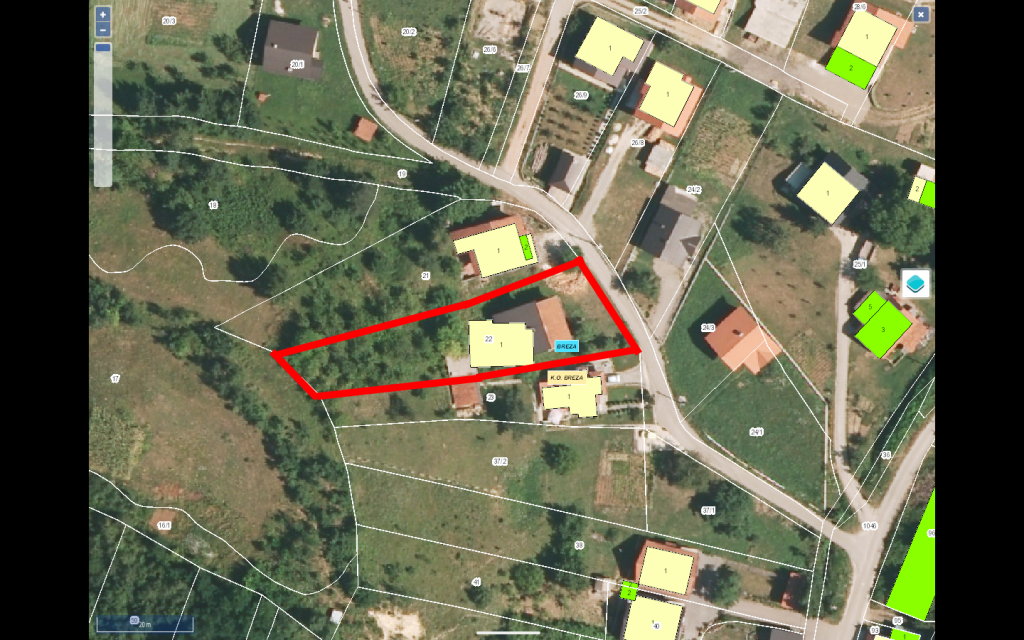Aside from the promulgation of regulations to make usage of the TILA, the panel might count on the staff members to issue administrative perceptions in the form of the official personnel discourse. Read 15 U.S.C.A. A§ 1640(f).
The panel's formal personnel discourse (12 C.F.R. parts 226 (Supp.I)) interprets [legislation Z], and gives direction to lenders in applying the legislation to certain transactions. The discourse is actually an alternative for individual staff perceptions; it really is up-to-date periodically to address big issues.
Congress has bestowed such fantastic well-respected lbs on perceptions and applications from the employees in the Board, that “it was unrealistic to draw a significant difference between feedback given beneath the imprimatur on the panel and those submitted as formal staff memoranda.” Discover Ford engine, 444 U.S. at 566 n. 9, 100 S. Ct. 790.
“[T]he legislative record evinces a decided desires for fixing interpretive problem by consistent administrative choice, as opposed to piecemeal through court.” Ford Motor, 444 U.S. at 568, 100 S. Ct. 790. Hence, process of law ought not to replace their particular interpretations of the TILA for that on the panel, “provided that the latter's lawmaking isn't unreasonable.” Read Ford Motor, 444 U.S. at 568, 100 S. Ct. 790. Where in actuality the panel and its own associates have actually effortlessly clarified a segmet of legislation, the process of law must accept those viewpoints construing the TILA and the laws and give consideration to all of them dispositive absent “some obvious repugnance to your law.” Read Anderson Bros. Ford v. Valencia, 452 U.S. 205, 219, 101 S. Ct. 2266, 68 L. Ed. 2d 783 (1981) (citing Ford engine). In addition to identifying perhaps the commentary is repugnant into the statute, however, the judge's more challenging part, at the least in such a case, was determining perhaps the discourse should always be applied retroactively to purchases taking place before the efficient date of *1296 the discourse. Read, e.g., McPhillips v. Gold Key Lease, Inc., 38 F. Supp. 2d 975 (M.D.Ala.1999); Wiley v. Earl's Pawn & Jewelry, Inc., 950 F. Supp. 1108 (S.D.Ala. 1997).
The state staff commentary now defines credit to especially add payday advances:
This course of action entails “payday debts” which, as contended by Plaintiffs and many other plaintiffs in close cases, need a study of the term “credit score rating” as that phase try identified by the TILA, legislation Z, and any recognized associates commentaries. Credit is described equivalent by the TILA and legislation Z as “suitable issued by a creditor to a debtor to defer repayment of loans or perhaps to bear debt and defer their payment.” Read 15 U.S.C.A. A§ 1602(e); 12 C.F.R. A§ 226.2(a) (14).
This exchange is commonly described as a “payday financing” or “payday advance” or “deferred presentment financing
2. payday advance loan; deferred presentment. Credit contains a transaction whereby an advance loan is built to a buyers in exchange for the customer's private check, or even in trade for any customer's authorization to debit the buyer's deposit account, and where in actuality the people agree either that check will not be cashed or transferred, or that the consumer's deposit membership will never be debited, until a designated potential future date. ” A Charge charged in connection with these types of a transaction might be a finance charge for purposes of A§ 226.4, regardless how the cost try recognized under state rules. In which the charge charged comprises a finance cost under A§ 226.4 and the individual advancing resources on a regular basis runs credit rating, that person is a creditor and is also expected to give disclosures consistent with the requirement of Regulation Z. read A§ 226.2(a) (17).
Most of the purchases contained in this action occurred ahead of the successful time for the official associates discourse, that will be March 24, 2000. Read 65 Fed.Reg. 17129. Generally, retroactive application of administrative principles just isn't favored. See Bowen v. Georgetown Univ. Hosp., 488 U.S. 204, 208, 109 S. Ct. 468, 102 L. Ed. 2d 493 (1988). Some process of law, but http://www.autotitleloansplus.com/title-loans-wv posses presented that this general guideline disfavoring retroactivity “does not necessarily affect company commentaries.” Discover McPhillips, 38 F. Supp. 2d at 980 (citing Barlow v. Evans, 992 F. Supp. 1299, 1305 (M.D.Ala. 1997)). The point is, the courtroom must promote deference for the department's classification of this discourse as either a clarification or a big change. Discover McPhillips, 38 F. Supp. 2d at 980 (citing Wright v. movie director, government crisis Management department, 913 F.2d 1566, 1571 (11th Cir. 1990)). Nonetheless, “unfettered deference to an agency's classification of its modification as a clarification will allow a company to manufacture substantive variations, with retroactive influence, merely by making reference to the newest presentation as a clarification.” Read McPhillips, 38 F. Supp. 2d at 980 (citing Pope v. Shalala, 998 F.2d 473, 482 (7th Cir.1993), overruled on various other reasons, Johnson v. Apfel, 189 F.3d 561 (7th Cir.1999)).








